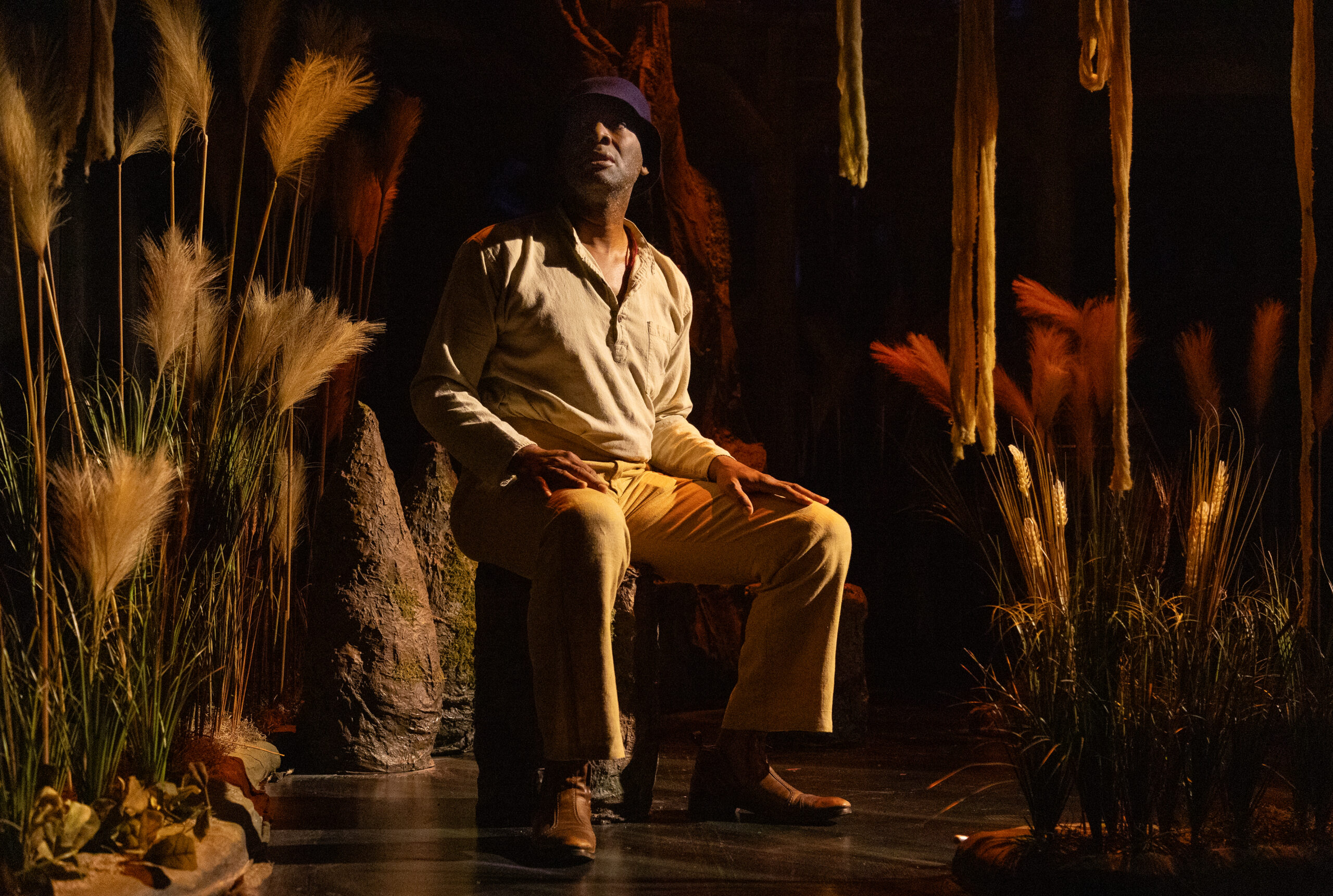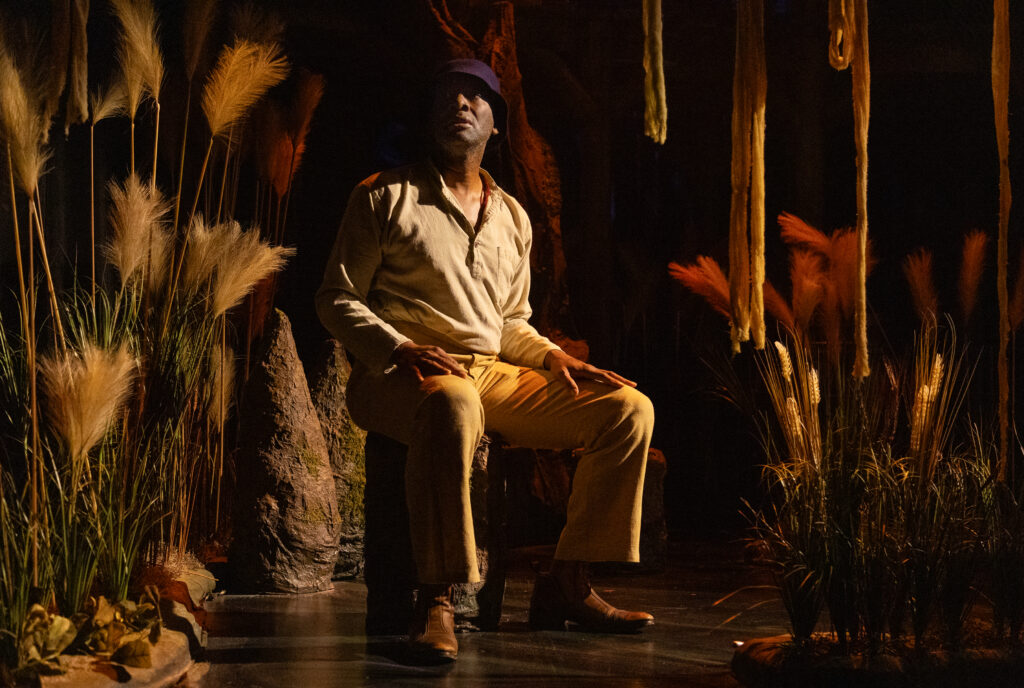

Harold Green Jewish Theatre/Discovering Allan Sherman, conceived and directed by Avery Saltzman, music direction by Mark Camilleri, Greenwin Theatre, closes June 9.
This show is a winner – slick, sophisticated, and vastly entertaining.
Allan Sherman (1924 – 1973) was one of the greatest song parodists who ever lived. He would take well know melodies from the popular and classical songbooks, and write his own lyrics, all with a nod to his Jewish background. You did not have to be Jewish, however, to laugh out loud because the lyrics were very funny in their own right. Whether it was Harry Belafonte’s monster calypso hit Matilda, or Ponchielli’s ballet music, The Dance of the Hours, from his opera La giaconda, nothing was safe from Sherman’s piercing wit. The guy was a genius, and the early 1960s were his heyday.
Matilda parody – original lyrics on the left, Sherman on the right.
Hey, Matilda/Oy, my Zelda
Matilda/My ZeldaMatilda, she take me money and run Venezuela/My Zelda, she took the money and ran with the tailor.
Or, Sherman’s most famous lyrics.
Dance of the Hours parody:
Hello muddah, hello faddah
Here I am at Camp Granada
Camp is very entertaining
And they say we’ll have some fun if it stops raining.
Avery Saltzman is co-artistic director of Harold Green with a strong background in musical theatre, and he has structured the show brilliantly.
First of all, three very talented actor/singers, Jeremy Lapalme, Tyler Murree and Aaron Reid Ryder, perform Sherman’s songs, either solo or as an ensemble, and their choreography, also by Saltzman, is delightfully cunning, augmented by a few essential props here and there, like a hat or a jacket. The music has been wonderfully arranged by Mark Camilleri for his trio, and they are all master musicians – Camilleri, piano, Steve Heathcote, drums, and Peter Bleakney, bass.
Also running throughout the show is a video designed by Daniel Bowman that includes humorous tributes to Sherman from the likes of actor Linda Kash, comedy producer Mark Breslin, and comedian Colin Mochrie. The best part of the video are amusing scenes that capture Lapalme, Murree and Ryder in rehearsal talking about Sherman and his parodies. Thus we also get a running biography of Sherman and it is a sad tale – a meteoric rise, and an apocalyptic fall.
Sherman, at the end of his life, was in sad decline, suffering from alcoholism and obesity, and a host of other health issues. He tragically died shortly before his 49th birthday, but he left a brilliant legacy.
I did wonder if one had to know the source music to enjoy the show, so I asked a teenage usher for his opinion, and he said he liked it because he thought the lyrics were funny.
Saltzman and his crew have done Allan Sherman proud, and I hope the show finds a shelf life because it deserves to live again and again.

Tarragon Theatre/Come Home – The Legend of Daddy Hall, written by Audrey Dwyer, directed by Mike Payette, original music by Unsettled Scores (Spy Dénommé-Welch & Catherine Magowan), Tarragon Theatre Mainspace, closes June 9.
Come Home – The Legend of Daddy Hall is a play that I place in the elliptical category. This world premiere is highly poetic in language and ephemeral in plot. Playwright Audrey Dwyer has layered in cosmic themes as the past, present and future collide.
At the beginning of the play, the hero, John “Daddy” Hall (Daren A. Herbert), has died. He then travels back in time, confronting his ancestors, while visiting incidents and people from his past such as his mother and father (Emerjade Simms and Brandon Oakes), and his wives and lovers (Helen Belay and Nicole Joy-Fraser). There is also Billie (Troy Adams), a future descendent. Throughout Hall’s journey, Dwyer pops us into the middle of scenes whose raison d’être is obscure, and which become puzzles for the audience to solve.
In her program notes, Dwyer says: “John’s long life…made me think of ancestral lineage and what it means to cross over. Can your steps from life to death be legendary?” Further program notes state that “Come Home asks where we come from, where we’re headed, and what we may be asked to do when we get there.” The reason I’m quoting so extensively is to detail the intention of the play, and therein lies the rub. The script is devoid of any real drama, and the tragedy is, that John Hall was a real person who led a fascinating life.
Now I am not anal, in the sense that I demand a literal storyline. In fact, I appreciate Dwyer’s power with words, but the script would be better served as poetry on the written page, which would do justice to the beautiful language. It just does not work live on stage. None of John Hall’s life comes to life, so to speak.
In a nutshell, Hall, born of a Mohawk father and a Black escaped slave mother, was at various times, a soldier for the British in the War of 1812, a prisoner of the Americans who sold him into slavery from which he escaped twice, a translator and scout for Tecumseh, and a participant in the 1837 Rebellion against the Family Compact. He finally settled in Owen Sound where he was the first Black resident and the town crier. Hall literally crisscrossed Upper Canada several times, not to mention he is believed to had died at the age of 118, marrying six times and fathering 21 children. Alas, Dwyer’s philosophical, even metaphysical script captures none of the excitement or adventure of a “dangerous” life, but then, that was clearly not her intention.
The production values of the show, however, are first rate. The original music by Unsettled Scores is simply gorgeous in mood and feeling. And then there is Jawon Kang’s eye-catching set which evokes the Great Dismal Swamp (bridging North Carolina and Virginia) through which Hall escaped slavery. Christine Ting-Huan Urquhart’s cross-period costumes and Michelle Ramsay’s moody lighting add to the timeless atmosphere. The acting is uniformly strong, and director Mike Payette moves his players cleverly through the various staging areas of the set as we follow Hall’s journey back and forth in time.
As a final thought, while Dwyer’s Come Home – The Legend of Daddy Hall is certainly ambitious, as drama, it comes up short.
